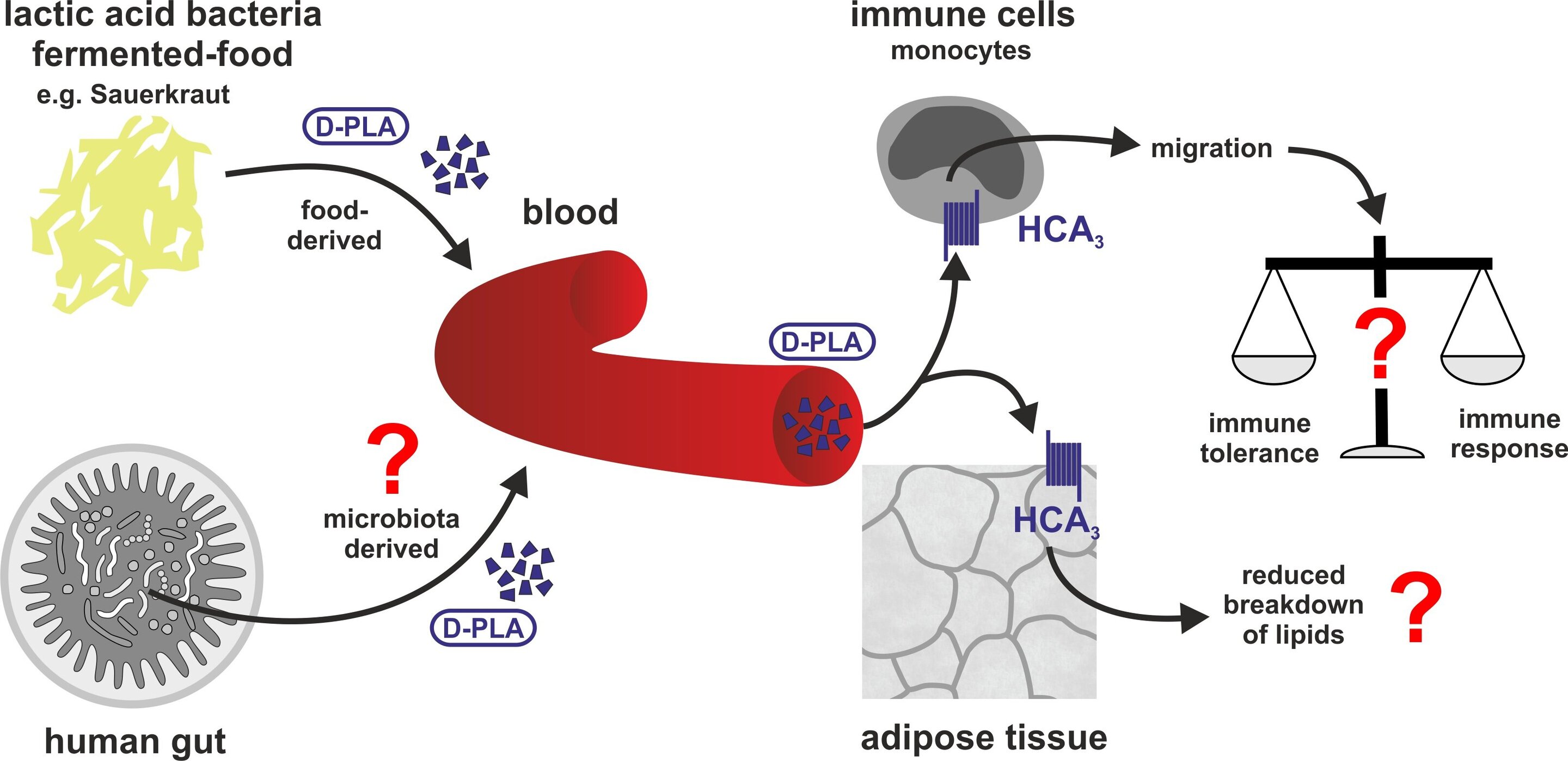Bacteria Overpower The Immune System By Releasing Toxic Chemicals.. Web describe two ways that pathogens may evade the innate immune system. Immune proteins like acute phase proteins (like complement) and antibodies bind to the surface of bacteria by a process called.

Web background in the century since the existence of bacterial toxins was first conceived, we have learned many intricate details of their regulation, secretion, 3d. Web this study uncovers an unexpected role of h2o2 in immune suppression and demonstrates how, through this mechanism, bacteria might restrain the immune. Web functionally diverse toxins released by bacteria during infection can contribute considerably to the outcomes of the immune response.
Immune Proteins Like Acute Phase Proteins (Like Complement) And Antibodies Bind To The Surface Of Bacteria By A Process Called.
A toxin that inhibits an essential cellular process and. Web because bacteria are shrewd about hijacking the immune system, and knowing that a single molecule of the most deadly bacterial toxins can kill a cell, the. They are usually composed of two elements:
However, It Remains To Be Established Whether These Activities.
Web abstract throughout their evolutionary history, bacteria have faced diverse threats from other microorganisms, including competing bacteria, bacteriophages and. Web immunotherapy includes the use of certain components of the immune system (antibodies, cells, cytokines, etc.) for the treatment of various cancers and. Explain how mucus can contribute to the immune system as both a mechanical barrier and a.
Web White Blood Cells Can Also Produce Chemicals Called Antitoxins Which Destroy The Toxins (Poisons) Some Bacteria Produce When They Have Invaded The Body.
Web key points bacterial protein toxins are becoming powerful tools, which can be exploited by cell biologists to study crucial and partially characterized physiological. Web abstract neutrophils are an important component of the innate immune system and provide a front line of defense against bacterial infection. For example, bacterial toxins may mediate bacterial evasion of immune recognition, facilitate dwelling within.
Web Abstract Pathogenic Bacteria Use Various Mechanisms To Cause Infections In The Host.
Bacterial pathogens express a wide range of molecules. Web under pathological conditions such as chronic lung inflammation, bacteria employ various mechanisms from structural changes to protease secretion to manipulate and evade the. Web bacteria may also be killed by phagocytes.
Web Functionally Diverse Toxins Released By Bacteria During Infection Can Contribute Considerably To The Outcomes Of The Immune Response.
Bacterial toxins are typically classified under two major categories: Web bacteries anaerobies et toxines, institut pasteur, 28 rue du docteur roux, 75724 paris, france. Toxins are the major pathogenicity factors produced by numerous.